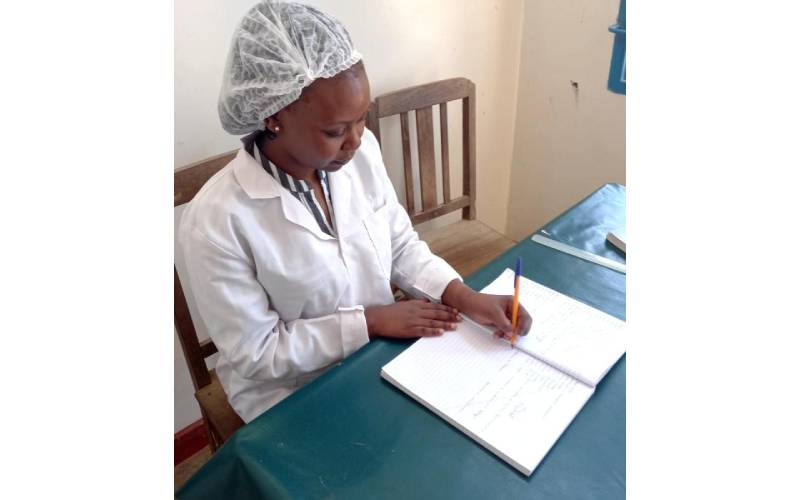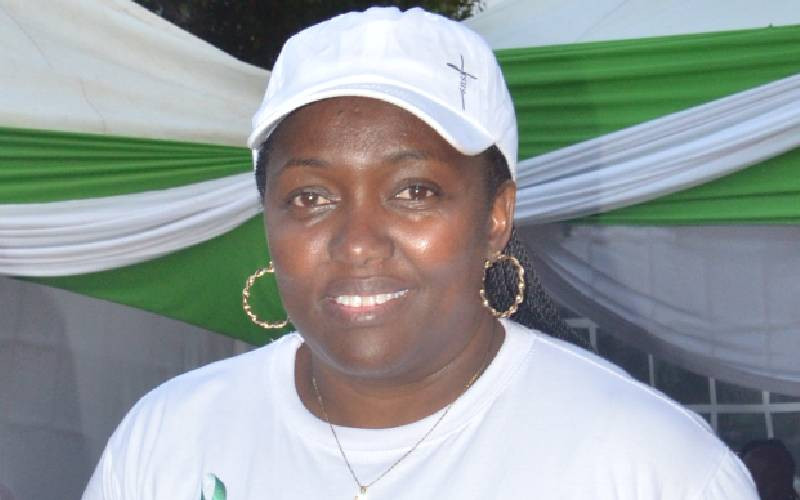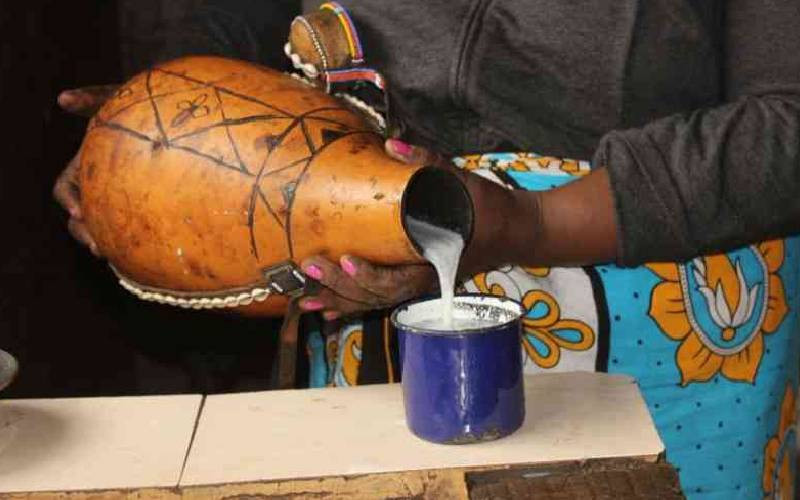
When Petite Mukami completed her undergraduate studies in accounting at the Catholic University of Eastern Africa, she envisioned her future in the thriving financial industry, at least for a start, and to appease her parents who had invested heavily in her education.
The dreams of calculating financial statements, balance sheets and developing financial reports in a lucrative company was all her parents had for her.
But this was not the dream the 32-year-old health enthusiast had. She was passionate about playing a crucial role in helping give the dead a decent send-off as a mortician.
 The Standard Group Plc is a multi-media organization with investments in media
platforms spanning newspaper print
operations, television, radio broadcasting, digital and online services. The
Standard Group is recognized as a
leading multi-media house in Kenya with a key influence in matters of national
and international interest.
The Standard Group Plc is a multi-media organization with investments in media
platforms spanning newspaper print
operations, television, radio broadcasting, digital and online services. The
Standard Group is recognized as a
leading multi-media house in Kenya with a key influence in matters of national
and international interest.











